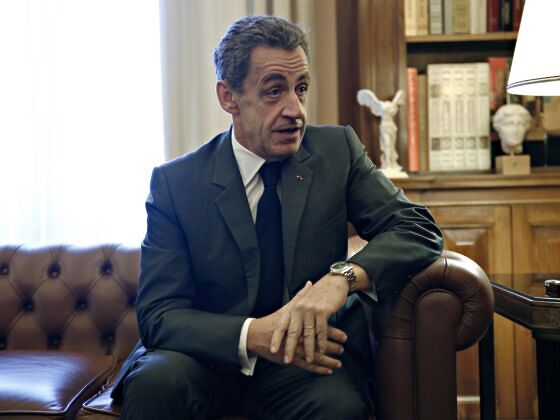LAST NIGHT, AZIZ CLOSED his brightly colored snack stand early. Police barriers blocked any potential customers from picking up a Nutella drizzled waffle or a stuffed crepe, so there wasn’t much point in staying open late.
But even after he closed the shop, Aziz stayed to watch the party. After all, it was a once-in-a-lifetime experience. Socialist candidate François Hollande had just been elected president (with 51.62% of votes against Sarkozy’s 48.38%) and his thousands of supporters had been swarming to the Place de la Bastille since the late afternoon. Music played; people sang and drank and shouted. It was one exuberant, excited party that celebrated up until François Hollande took the stage shortly after midnight (the newly elected president began his speech by saying “I don’t know if you can hear me, but I can hear YOU!”) and continued well after.
